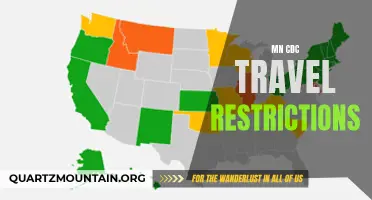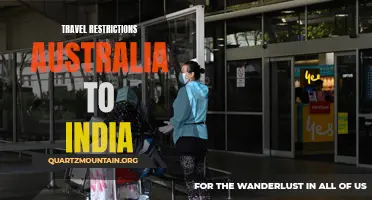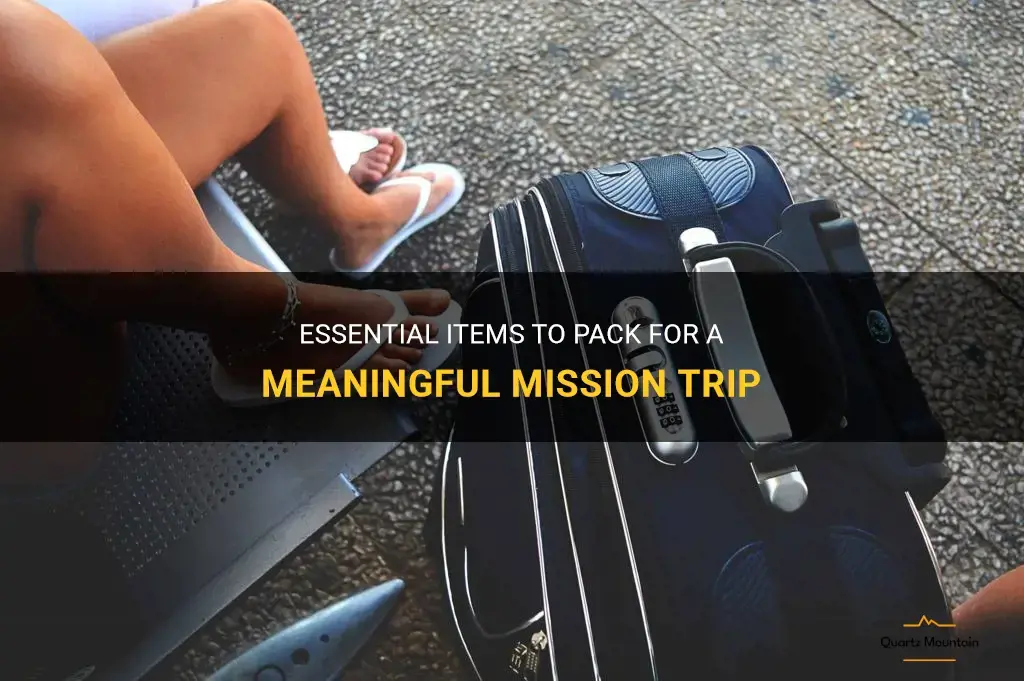
Embarking on a mission trip is a transformative experience that allows individuals to make a positive impact on both local communities and their own lives. However, to ensure a successful and meaningful mission trip, it is essential to pack the right items. From tools to aid in community service projects, to personal essentials that promote self-care and cultural awareness, this guide will outline the essential items to pack for a truly meaningful mission trip.
What You'll Learn
- What are the essential items to pack when going on a mission trip?
- Are there any specific clothing items that are recommended for a mission trip?
- What medical supplies should I consider packing for a mission trip?
- Is it necessary to bring any personal hygiene or toiletry items on a mission trip?
- Are there any specific food items or snacks that I should include in my packing list for a mission trip?

What are the essential items to pack when going on a mission trip?
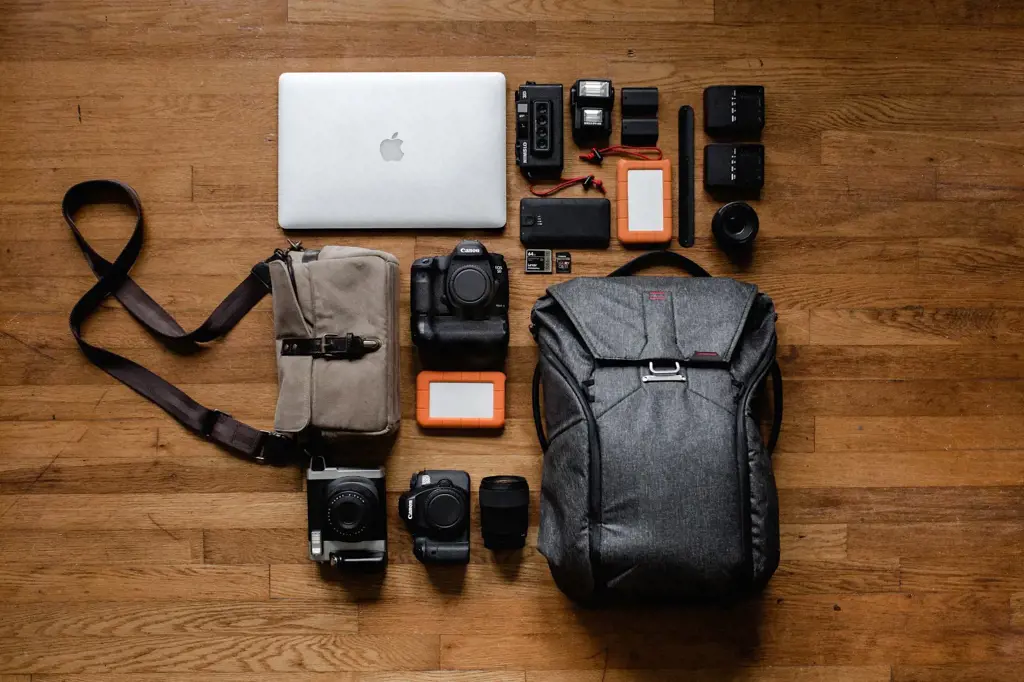
Going on a mission trip can be an incredibly rewarding and fulfilling experience. Whether you are going to provide medical assistance, build homes, or spread the message of your faith, it is important to be prepared with essential items. These items will not only ensure your comfort but also help you effectively carry out your mission. Here are some essential items to pack when going on a mission trip:
- Clothing: Depending on the location and purpose of your mission trip, you will need to pack appropriate clothing. This may include modest and comfortable clothing for religious or cultural reasons. It is also important to consider the climate of the destination and pack accordingly. Be sure to pack enough clothes for the duration of your trip and take into account any cultural norms regarding dress.
- Personal hygiene items: Good personal hygiene is important, especially when living and working in close proximity with others. Pack items such as toothbrush, toothpaste, soap, shampoo, and any other personal care products you may need. Consider bringing travel-sized items to save space in your luggage.
- Medications and first aid supplies: If you take any prescription medications, be sure to pack enough to last the entire duration of your trip. It is also a good idea to bring a basic first aid kit with essentials like bandages, antiseptics, pain relievers, and any other medications or supplies that you may need in case of minor injuries or illnesses.
- Electronics and communication devices: In this digital age, it is important to have a means of communication. Bring your cell phone, charger, and any other necessary electronics that will allow you to stay connected with your team and loved ones back home. Additionally, consider bringing a portable power bank to charge your devices when access to electricity may be limited.
- Money and travel documents: It is essential to have a secure means of carrying your money, passport, visas, and other important travel documents. Consider using a money belt or neck pouch to keep these items safe and easily accessible. It is also a good idea to bring some local currency for small purchases or emergencies.
- Snacks and water bottle: Depending on the destination and availability of food, you may want to pack some snacks to keep hunger at bay. Additionally, having a reusable water bottle will ensure that you stay hydrated throughout the day, especially in areas where clean drinking water may be scarce.
- Comfort items: Going on a mission trip can be emotionally and physically demanding, so it is important to bring a few comfort items to help you relax and unwind. This could be a favorite book, a journal, a small pillow, or anything else that brings you comfort in unfamiliar surroundings.
- Miscellaneous items: Depending on the type of mission trip, there may be other items that are specific to your purpose. This could include tools, construction materials, educational materials, or any other items that will help you fulfill your mission.
Remember to pack light and efficiently, as you may be responsible for carrying your own luggage during your journey. It is also a good idea to check with your mission organization or team leader for any specific guidelines or recommendations regarding packing. By being well-prepared and having all the essential items, you can focus on your mission and make a meaningful impact on the community you are serving.
Essential Tips for Packing for RAGBRAI: What Every Cyclist Needs
You may want to see also

Are there any specific clothing items that are recommended for a mission trip?

Embarking on a mission trip is an exciting and fulfilling experience. Whether you are serving in a remote village, assisting in disaster relief efforts, or working in a medical clinic, it is essential to pack appropriate clothing for your trip. Not only will wearing the right clothing ensure your comfort, but it can also help you blend in with the local community and show respect for their culture. In this article, we will explore some specific clothing items that are recommended for a mission trip.
Lightweight and breathable clothing:
When packing for your mission trip, it is crucial to opt for lightweight and breathable clothing. Mission trips often take place in countries with hot and humid climates, and wearing heavy or uncomfortable clothing can make your experience challenging and unpleasant. Choose fabrics such as cotton or linen that allow your skin to breathe and help keep you cool in the tropical heat.
Modest attire:
Respecting the local culture and customs is paramount on a mission trip. In many countries, modest attire is the norm, particularly for women. Avoid packing revealing or tight-fitting clothing items and instead opt for loose-fitting tops, long skirts, or pants. Maximize your versatility by choosing clothing items that can easily be mixed and matched to create different outfits.
Comfortable footwear:
A pair of sturdy and comfortable footwear is a must-have for any mission trip. Depending on the nature of your mission, you may be required to do a significant amount of walking or physical labor. Choose closed-toe shoes or hiking boots that provide ample support and protection for your feet. Sandals or flip-flops may be suitable for leisure time but may not be appropriate for working in certain environments.
Sun protection:
When traveling to sun-drenched destinations, protecting yourself from harmful UV rays is essential. Pack a wide-brimmed hat or a baseball cap to shield your face from the sun. Additionally, don't forget to bring sunglasses and apply sunscreen with a high SPF regularly. This will help prevent sunburn and reduce the risk of skin damage.
Layering options:
Depending on the region and time of year, temperatures can vary significantly throughout the day. It is wise to pack clothing items that can be layered to accommodate these fluctuations. Lightweight jackets, cardigans, or scarves can provide warmth in cooler evenings or air-conditioned spaces.
Versatile clothing:
To ensure a practical and efficient packing, choose versatile clothing items that can be dressed up or down. Neutral colors such as black, white, or khaki are versatile and can easily be mixed and matched with different accessories. This way, you can create various outfits without overpacking.
Modesty considerations:
If you are visiting a community with specific modesty requirements, such as a religious site, it is important to be prepared. Carrying a shawl or scarf that can be used to cover your shoulders or head, if necessary, shows respect for the local customs and traditions.
In conclusion, when packing for a mission trip, it is crucial to consider several factors such as comfort, cultural sensitivity, and practicality. Lightweight and breathable clothing, modest attire, comfortable footwear, sun protection, layering options, versatile clothing, and modesty considerations are all important aspects to consider. By packing appropriately, you can ensure that you are both comfortable and respectful during your mission trip.
The Ultimate Packing Guide for the Cayman Islands: Essential Items for Your Tropical Getaway
You may want to see also

What medical supplies should I consider packing for a mission trip?
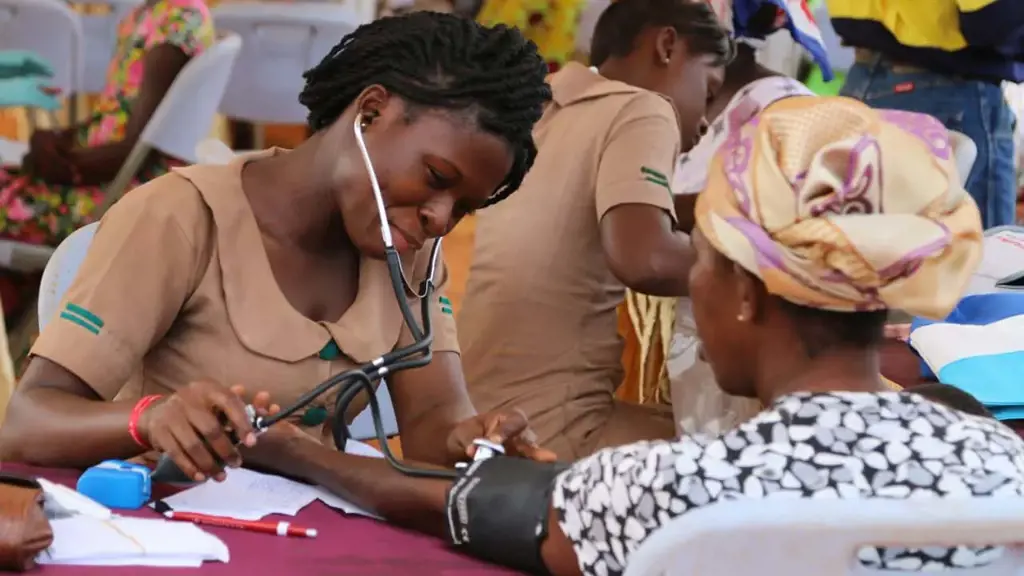
Going on a mission trip can be a truly rewarding experience, as you have the opportunity to help others in need and make a positive impact in the world. However, it's important to be prepared and pack the necessary medical supplies to ensure the health and well-being of both yourself and those you are serving. Here are some medical supplies you should consider packing for a mission trip:
- Basic First Aid Kit: This should include adhesive bandages, sterile gauze pads, medical tape, antiseptic wipes, scissors, tweezers, and disposable gloves. This will allow you to treat minor cuts, scrapes, and burns.
- Medications: It's important to bring a variety of essential medications such as pain relievers, anti-diarrheal medications, antihistamines, and anti-inflammatory drugs. Additionally, if you or anyone in your group takes prescription medications, make sure to bring enough for the duration of the trip.
- Oral Rehydration Salts: These are crucial for preventing and treating dehydration, especially in areas where clean drinking water may not be readily available. Oral rehydration salts help replenish essential electrolytes and fluids lost during diarrhea or vomiting.
- Insect Repellent: In many parts of the world, insects can carry diseases such as malaria, dengue fever, and Zika virus. It's important to bring an insect repellent containing DEET to protect yourself and others from mosquito bites.
- Sunscreen: Sunburn can be not only painful but also increase the risk of skin cancer. Make sure to pack a broad-spectrum sunscreen with a high SPF to protect yourself from the harmful effects of the sun.
- Water Purification Tablets: If you're going to an area where clean drinking water is scarce, it's important to have a reliable method of water purification. Water purification tablets can kill bacteria, viruses, and other pathogens, making the water safe to drink.
- Disposable Medical Gloves: These are essential for practicing proper hygiene and preventing the spread of infections. Make sure to bring a sufficient supply of disposable gloves to use when providing medical care or handling bodily fluids.
- Sterile Supplies: If you anticipate performing any minor medical procedures such as wound suturing or injections, it's important to have sterile supplies such as sterile gloves, sterile syringes, and sterile needles.
- Personal Protective Equipment (PPE): This includes items such as face masks, goggles, and disposable aprons. PPE is crucial for protecting yourself and others from infectious diseases, especially in areas with limited healthcare resources.
- Portable Medical Equipment: Depending on the nature of your mission trip, you may need to bring portable medical equipment such as a blood pressure monitor, stethoscope, thermometer, or pulse oximeter. These can be valuable tools for assessing and monitoring the health of those you are serving.
It's important to consult with a healthcare professional or travel medicine clinic to determine the specific medical supplies you should pack for your mission trip. They can provide you with personalized advice based on the destination, duration of the trip, and any specific medical conditions or needs of the population you will be serving.
In conclusion, packing the right medical supplies for a mission trip is essential for providing quality healthcare and ensuring the well-being of both yourself and those you serve. By being prepared and having the necessary supplies on hand, you can make a significant difference in the lives of others and contribute to a successful mission trip.
Essential Items to Pack for a Track Meet: A Complete Guide
You may want to see also

Is it necessary to bring any personal hygiene or toiletry items on a mission trip?
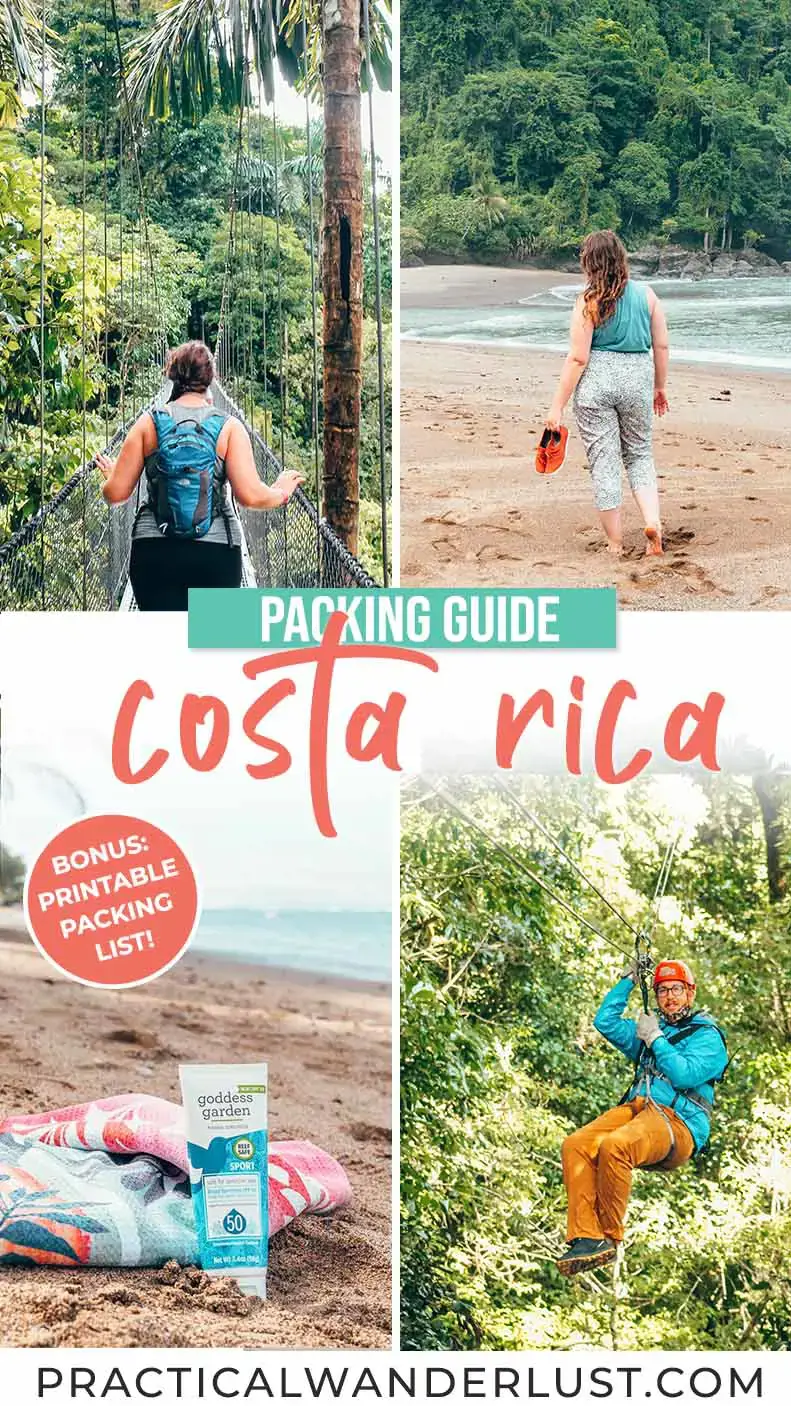
Mission trips often involve traveling to areas with limited resources and amenities. This means that participants need to be prepared and self-sufficient, including bringing their own personal hygiene and toiletry items. While it may seem like a small and insignificant aspect of the trip, personal hygiene is crucial for maintaining health, preventing the spread of diseases, and promoting overall well-being. In this article, we will explore why it is necessary to bring personal hygiene and toiletry items on a mission trip.
- Maintaining Health: Personal hygiene plays a vital role in maintaining health, especially in areas with limited access to clean water and sanitation facilities. By bringing personal hygiene items such as soap, toothpaste, toothbrushes, and sanitizers, mission trip participants can ensure that they have the necessary tools to keep themselves clean and healthy. Regular handwashing and oral hygiene practices can help prevent the spread of illnesses and infections.
- Preventing Disease: In regions with inadequate hygiene and sanitation, illnesses and diseases can spread quickly. By bringing personal hygiene items, mission trip participants can protect themselves and those they interact with from common infectious diseases. For example, using hand sanitizers can help kill germs and prevent the transmission of illnesses like diarrhea, cholera, and respiratory infections.
- Promoting Dignity: Personal hygiene is not just about health and disease prevention; it is also about dignity. By having access to personal hygiene items, mission trip participants can maintain their personal appearance and feel good about themselves. This is especially important for individuals who may be experiencing challenging circumstances during the trip. The simple act of brushing teeth, washing hands, and maintaining basic cleanliness can go a long way in promoting self-esteem and overall well-being.
- Respecting Cultural Norms: When participating in a mission trip, it is essential to be respectful of the cultural norms and practices of the community you are visiting. Personal hygiene practices may vary from one culture to another, and it is important to adapt and honor these differences. By bringing your own personal hygiene items, you can navigate and respect cultural practices while still ensuring your own health and cleanliness.
- Availability of Resources: In many remote or underprivileged areas, access to personal hygiene and toiletry items is incredibly limited. By bringing your own supplies, you are relieving the burden on local communities and ensuring that their limited resources are reserved for other essential needs. By being self-sufficient in terms of personal hygiene, you can contribute to the sustainability and long-term impact of the mission trip.
In conclusion, bringing personal hygiene and toiletry items on a mission trip is not just a convenience; it is a necessity. Maintaining personal hygiene is crucial for health, disease prevention, promoting dignity, respecting cultural norms, and using resources responsibly. By being prepared and self-sufficient, mission trip participants can contribute to a successful and impactful experience for both themselves and the communities they serve.
Essential Gear for a Memorable Trip to Big Bear: What to Pack
You may want to see also

Are there any specific food items or snacks that I should include in my packing list for a mission trip?
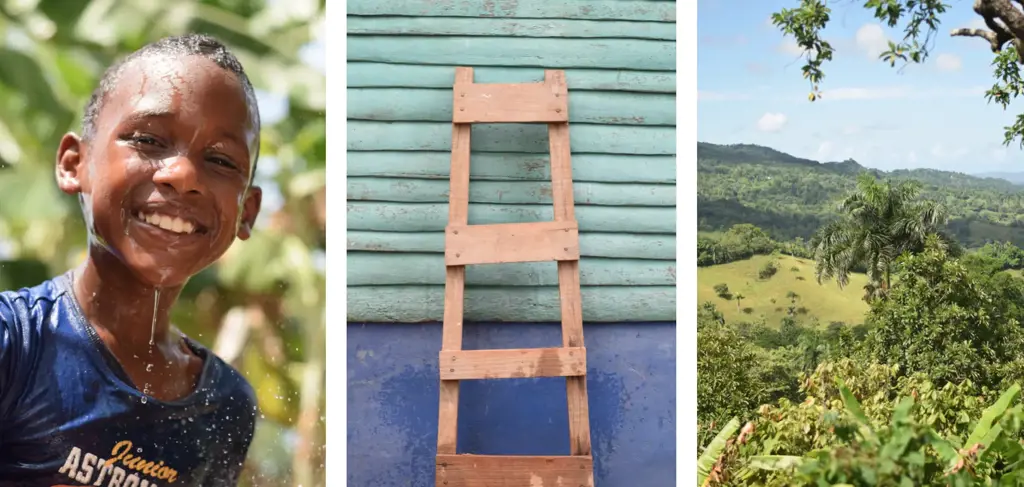
When preparing for a mission trip, it's important to carefully consider your packing list to ensure that you have all the necessary supplies for your journey. This includes not only clothing and toiletries, but also food items and snacks to keep you fueled and energized throughout your trip. While the specific food items you should pack may vary depending on the nature and duration of your mission trip, there are a few general guidelines to keep in mind.
First and foremost, it's essential to pack non-perishable food items that can withstand long journeys and varying temperatures. This will ensure that you have access to sustenance even in areas where fresh food may not be readily available. Some examples of non-perishable food items that are ideal for mission trips include canned goods (such as tuna or beans), packaged nuts and seeds, dried fruits, granola bars, and protein bars. These items are not only lightweight but also provide a good balance of nutrients to keep you energized throughout your trip.
In addition to non-perishable items, it's also a good idea to pack some food items that are more substantial and can serve as a meal replacement. This is particularly important if you may not have access to regular meals during your mission trip. Some examples of meal replacement options include meal replacement shakes or protein powder that can be mixed with water or milk, instant noodles or rice packets, and ready-to-eat meals that can be easily heated using a portable stove or microwave.
Another important consideration when packing food for a mission trip is dietary restrictions or preferences. If you have any specific dietary needs, such as being gluten-free, vegan, or having food allergies, it's crucial to pack food items that cater to these requirements. This will ensure that you have access to suitable food options and avoid any potential health issues during your trip. For example, if you're gluten-free, be sure to pack gluten-free snacks such as rice crackers or gluten-free granola bars. If you're vegan, pack plant-based protein sources like roasted chickpeas or vegan jerky.
Furthermore, it's a good idea to pack food items that can be easily shared with the local community or fellow mission trip participants. This can help foster a sense of community and goodwill, as well as provide an opportunity to connect with the locals through shared meals and snacks. Some examples of food items that are ideal for sharing include individually wrapped candies or chocolates, small bags of chips or popcorn, and portable fruit cups.
Lastly, don't forget to pack some essential items such as a reusable water bottle and a small cooler bag or insulated lunch box. Staying hydrated is crucial during a mission trip, especially in hot or humid climates, so having a reusable water bottle will ensure that you have access to clean drinking water at all times. A small cooler bag or insulated lunch box can also come in handy for keeping perishable items fresh or storing any leftover food.
Overall, when it comes to packing food items for a mission trip, it's important to prioritize non-perishable items, consider dietary restrictions or preferences, and pack items that can be easily shared with the local community. By carefully planning and packing your food items, you can ensure that you have access to nourishing and energizing meals and snacks throughout your mission trip.
The Ultimate Guide to Packing for a September Trip to Disney World
You may want to see also
Frequently asked questions
When packing for a mission trip, it is important to bring necessary personal items such as clothes, toiletries, and any medications you may need. Additionally, it is essential to pack items that are specific to the mission, such as work gloves, tools, or materials needed for the tasks you will be completing.
It is important to research the location and culture of your mission trip destination to understand the appropriate clothing to pack. In some cases, you may need to dress modestly or adhere to certain cultural customs. It is also important to pack comfortable and durable clothing, as mission trips often involve physical labor or outdoor activities.
Yes, having items to facilitate cultural engagement can be helpful during a mission trip. This can include language translation guides or dictionaries, local currency for buying items or supporting local businesses, and small gifts or trinkets that can be given as tokens of appreciation to the local community.
In addition to personal items and mission-specific materials, it is important to pack essentials such as a first aid kit, bug spray, sunscreen, and a reusable water bottle. These items can help ensure your health and well-being during the trip. It is also important to pack any necessary travel documents, such as passports or visas, and to have a copy of important contact information and emergency numbers.





